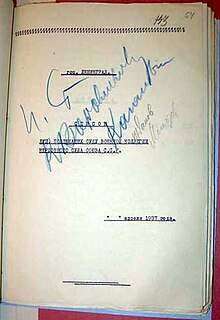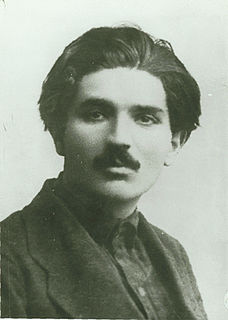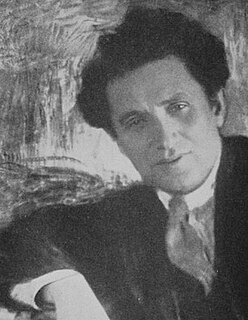 W
WThe Trial of the Sixteen was a staged trial of 16 leaders of the Polish Underground State held by the Soviet authorities in Moscow in 1945. All captives were kidnapped by the NKVD secret service and falsely accused of various forms of 'illegal activity' against the Red Army.
 W
WLev Borisovich Kamenev was a Bolshevik revolutionary and a prominent Soviet politician. He was one of the seven members of the first Politburo, founded in 1917 to manage the Bolshevik Revolution: Lenin, Zinoviev, Kamenev, Trotsky, Stalin, Sokolnikov and Bubnov.
 W
WThe Military Collegium of the Supreme Court of the Soviet Union was created in 1924 by the Supreme Court of the Soviet Union as a court for the higher military and political personnel of the Red Army and Fleet. In addition it was an immediate supervisor of military tribunals and the supreme authority of military appeals.
 W
WIvan Nikitich Smirnov was a Russian Bolshevik revolutionary, Soviet politician and Communist Party functionary.
 W
WVagarshak Arutyunovich Ter-Vaganyan was an Armenian communist party leader who was one of the first victims of Joseph Stalin's Great Purge. Ter-Vaganyan was one of sixteen Soviet intellectuals who stood as defendants during the Moscow Show Trials. He was accused of being part of the Trotskyite-Zinovievite centre which allegedly prepared terrorist acts against Stalin, Klim Voroshilov, Andrei Zhdanov, Lazar Kaganovich, Sergo Ordzhonikidze, Stanislav Kosior, and Pavel Postyshev. Under pressure, Ter-Vaganyan was forced to admit his "guilt." He was shot and his personal property was confiscated by the Soviet Union.
 W
WAndrey Yanuaryevich Vyshinsky was a Soviet politician, jurist and diplomat.
 W
WGrigory Yevseyevich Zinoviev, born Hirsch Apfelbaum, known also under the name Ovsei-Gershon Aronovich Radomyslsky, was a Bolshevik revolutionary and a Soviet Communist politician. Zinoviev was one of the seven members of the first Politburo, founded in 1917 in order to manage the Bolshevik Revolution: Lenin, Zinoviev, Kamenev, Trotsky, Stalin, Sokolnikov and Bubnov. Zinoviev is best remembered as the longtime head of the Communist International and the architect of several failed attempts to transform Germany into a communist country during the early 1920s. He was in competition against Joseph Stalin, who eliminated him from the Soviet political leadership in 1925, followed by removal from the Petrograd Soviet in 1926. He joined a secret bloc with Leon Trotsky against Stalin in 1932.